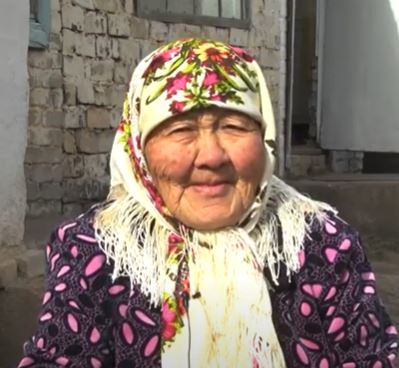The village of Min-Kush is nestled in the mountains of the remove province of Naryn, Kyrgyzstan’s poorest region. In the past, Min-Kush served as a strategic site for uranium extraction.
However when the Soviet Union collapsed, thousands of people were left behind to survive high levels of radiation from abandoned uranium tailings.
Remnants of uranium have been detected merely 200 metres from Min-Kush. Based on research, at least 23 households in the village have been affected by 120 micro x-rays of uranium and account for the high rate of health issues.
The Government has instructed the people in Min-Kush to relocate out of the village. Despite being promised compensation for years, the community has yet to receive any assistance.
Without adequate support from the Government, poverty renders the community unable to resettle.
Watch Bir Duino‘s ‘Women in sight of the past: Dilemma of development’ where members of the Min-Kush community, particularly women, account for how they face these challenges.



